
Starting June 1st, 2023 Our warehouse fee will be $0.65/cubic foot per month
In effort to lower the warehouse storage fee during inflation, we have went narrow aisle racking.This construction took us four months but the project is finally completed. With narrow aisle racking, we are able to drop storage by 24%.We as partners will go through this inflation together.
10/02/2023
What is Amazon PPC campaign? Setting up an Amazon PPC campaign properly is a great solution to help you drive traffic to your listing immediately when the product has just launched. Thanks to this method, more than 75% of sellers rely on it to find potential customers and turn them into regular customers. So how do you understand the Amazon PPC advertising campaign? Let's find out more details with Worldcraft Logistics in this article.
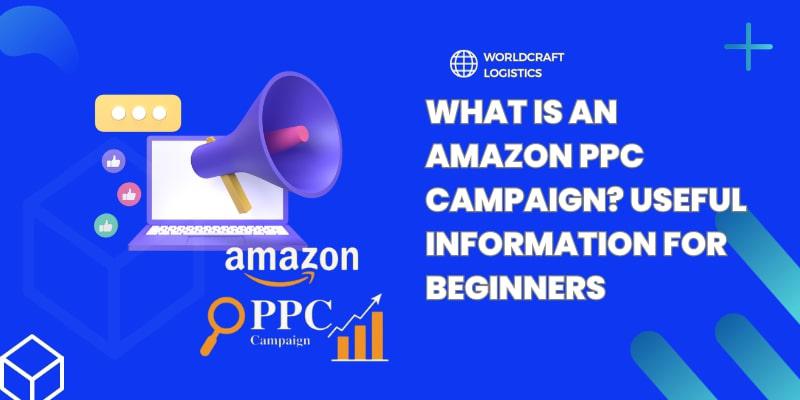
Amazon PPC is an advertising campaign of Amazon e-commerce, that supports online product sales for companies and sellers. Advertisement campaigns can be made by sellers for their goods. Additionally, Amazon charges the merchant a tiny fee each time a potential consumer clicks on the advertisement.
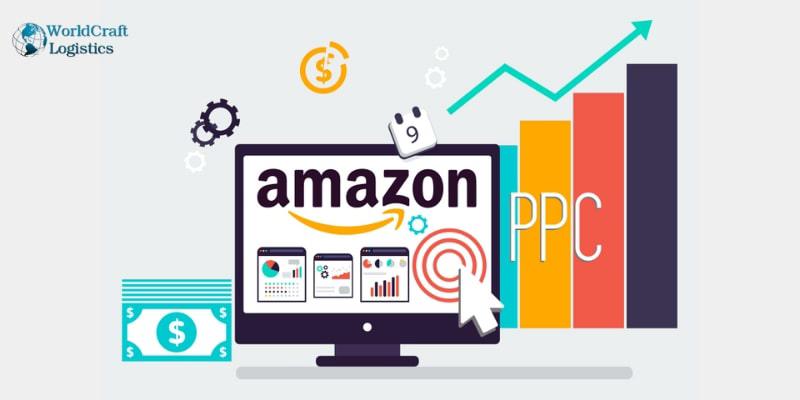
It's important to comprehend how PPC operates as well as its primary concepts and features before delving further into Amazon PPC.
Here is a high-level explanation of how Amazon PPC functions:
On Amazon, customers look for "water bottle."
Amazon compiles all of the adverts that are pertinent to the phrase "water bottle."
The highest bidder wins the auction when sellers place bids on the keyword.
On both the product information pages and the search results page, Amazon places the winning Sponsored Product ad at the top.
The vendor has to provide Amazon a little fee each time a customer clicks on the advertisement.
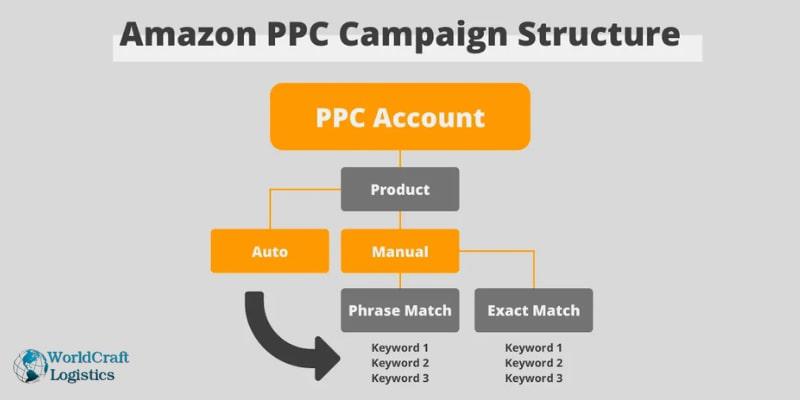
Now that you are familiar with Amazon ads, let's examine their significance for your Amazon business. As of May 2022, Amazon had 2.4 billion organic visitors.
The opportunity for e-commerce behemoths like Amazon and its vendors to increase sales is enormous as more and more people move their buying habits online. The issue of visibility is nonetheless also brought about by the growing potential.
Amazon is a retail platform, therefore people who visit it are specifically trying to buy something.
But 45% of customers claim they won't bother reading through the remaining pages if they can't identify your offering on the first page.
Amazon PPC advertising assist sellers in getting their product to the top of the search result page when it could otherwise be lost in a sea of rival products.
More sales result from this, which raises the product's organic rating for each effective term on Amazon.

The fundamental components of creating a strong Amazon PPC management plan are as follows:
Experimentation: To determine which PPC ad campaign type is ideal for your brand, experiment with both automatic and manual keyword targeting.
Research: Utilizing keyword research tools, conduct thorough keyword research with a focus on both related keywords and competing products.
Budget: Set daily budgets and default bids 50–100% greater than what Amazon advises when just getting started.
Duration: Before running reports and making modifications, let advertising campaigns run for at least two weeks.
Campaign types: Find keywords for your manual ads by using the ad reports from your automatic campaigns. Make sure a keyword receives at least 10 clicks before modifying or removing it from a manual campaign.
Review: Once a week, keep analyzing your ad reports and changing, removing, or adding keywords as necessary.
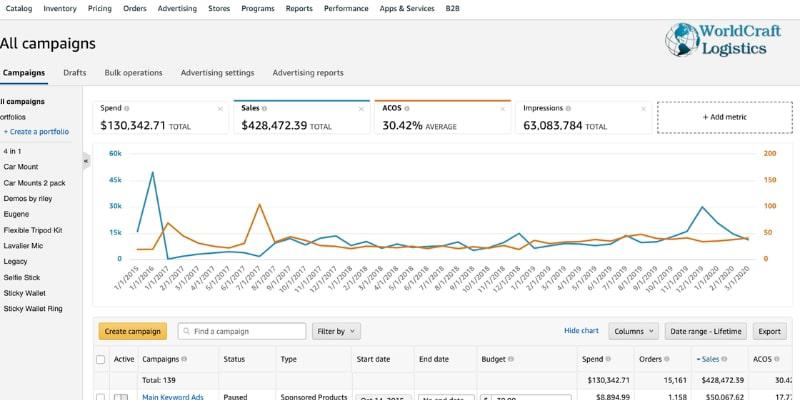
During this time, you should also think about hiring a professional Amazon FBA service company to handle your bulk orders' distribution and shipment. You may extend your consumer base, make considerable financial savings, and cut down on the time it takes to create new orders thanks to the advantages of such a service. Keep in mind that Worldcraft Logistics is available at all times to assist Amazon merchants.
It's time to employ a trustworthy keyword tool to guide your Amazon SEO efforts if you're sick of watching the competition rank above your products on Amazon and losing sales to your competitors. You can get keyword suggestions, spot trends, and assess the competition with the correct tool.
Various Amazon keyword tools are available to help you improve your listings and get more exposure. We've included a list of 5 keyword research tools that you should check out.
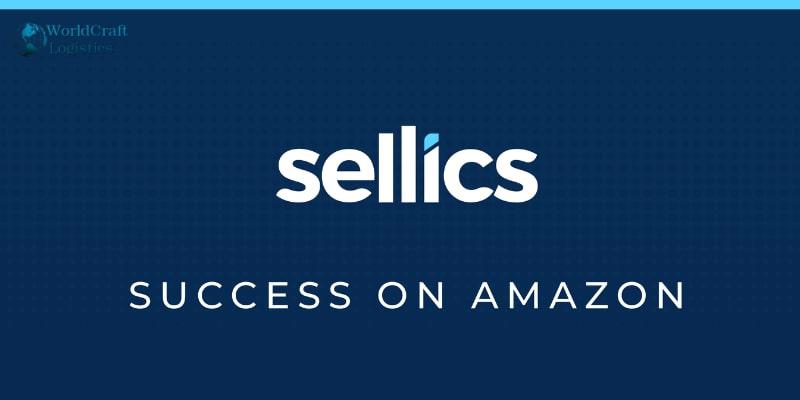
Sonar is a free Amazon keyword tool offered by Sellics. It features a database of more than 180 million keywords and includes search terms from every Amazon product category. It may also estimate the number of times each keyword is searched.
You may see which product listings want upgrading by using this Amazon keyword tool. Even suggestions for product titles, descriptions, and bullet points are offered by the application.
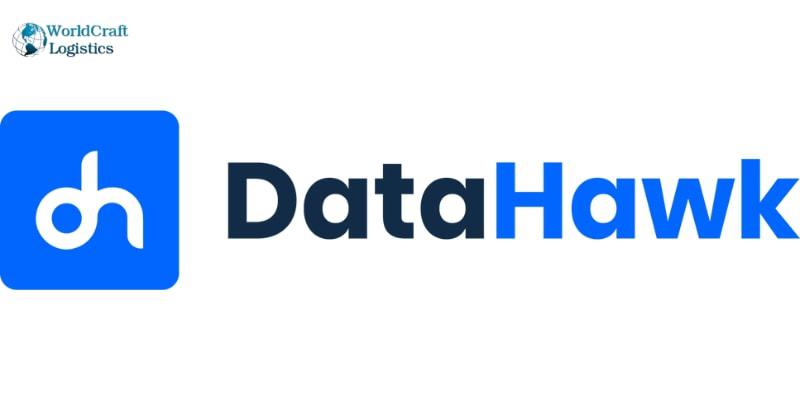
By employing artificial intelligence and semantic analysis, Data Hawk can help you uncover keyword opportunities and improve your organic ranking. In order to help you decide which keywords are worth ranking for, it may also provide the Competition Score of each keyword.
Prior to placing a bid on a term in a pay-per-click campaign, you can research it using Data Hawk. You can access and study weeks and months' worth of data because it can store past data.
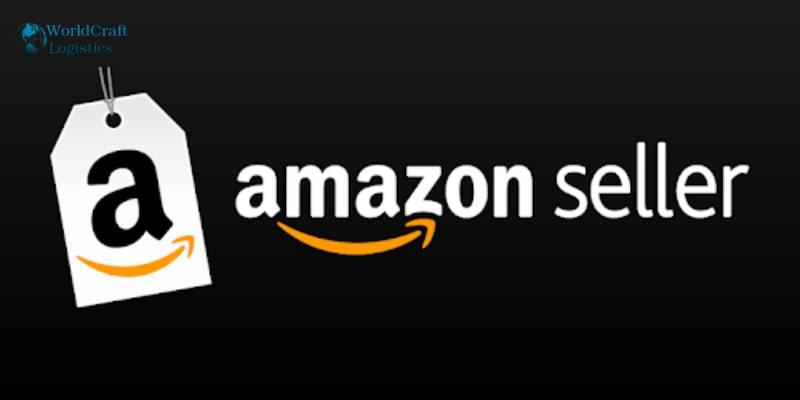
A comprehensive tool, SellerApp may assist with optimizing Amazon listings, PPC advertising, product prices, and more. Its database, which comprises 135+ million keywords, is full of lucrative high-volume but low-competition search terms. You can find the ideal keywords for your products using their filters and match type selection options.
They provide supporting information for each keyword in their database, such as monthly search traffic, relevance score, impression rates, and CPC charges. You can eliminate guessing from your PPC ads and select the most profitable keywords by using these crucial insights.
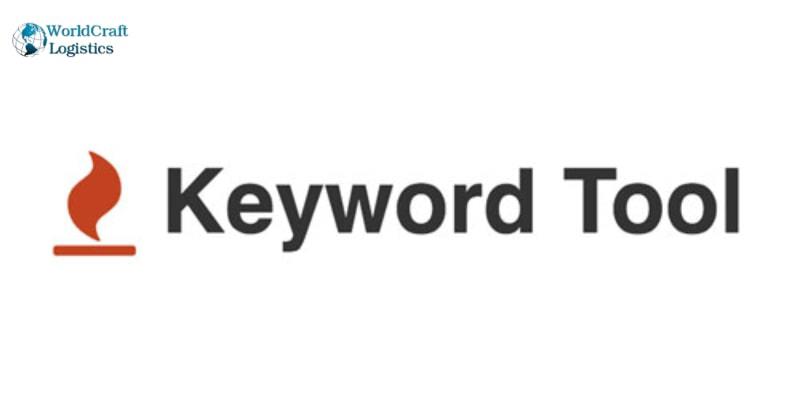
The fact that you may use Keyword Tool for free is one of its best features. You won't need to download and install this tool in order to use it because it is web-based.
The program generates pertinent keywords for your Amazon listings using an autocomplete feature. It will offer alternate search terms as you type keywords into the search field. You can find 800+ long-tail phrases for your keyword research with its free edition. If you choose one of the paid plans, you will receive twice as many keywords.
Additionally, you can access more features and data with the paid subscription. You may view the quantity of searches for the Amazon keywords, for instance, using Keyword Tool Pro.
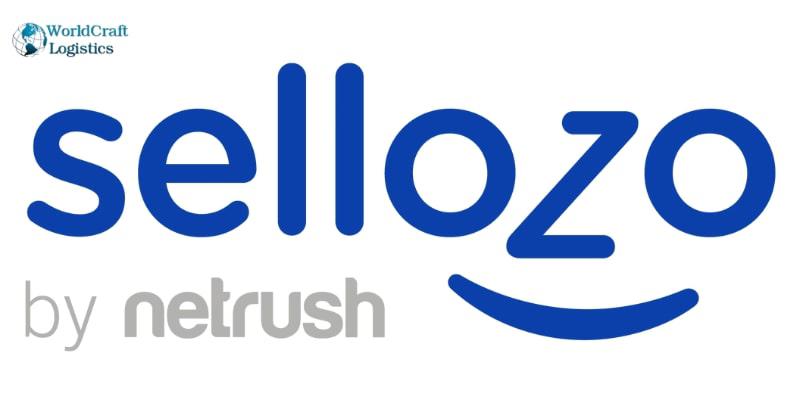
For Amazon sellers looking to enhance their product listings, Sellozo Amazon Keyword Tool is a specialist solution. It provides a thorough method to keyword monitoring, ensuring that merchants can recognize and use highly effective terms.
Sellozo is designed specifically for the Amazon marketplace, in contrast to generic keyword tools. Users can change their bids for particular keywords, allowing more precise budget management. Because of the tool's focus on optimizing SEO strategy based on performance metrics, businesses can stand out in the crowded Amazon market.
Keyword harvesting is one of its distinctive properties. Powerful keywords can be found using Amazon's automatic campaigns, which are based on category searches, similar goods, and more. However, it can take some time to extract the finest keywords and include them into "Manual" campaigns. With its all-encompassing PPC tool, Campaign Studio from Sellozo, this procedure is made simpler. Sellers can quickly streamline their strategy with its user-friendly drag-and-drop interface and automated keyword harvesting.
But before we go into PPC's specifics, it's crucial to comprehend the most crucial PPC indicators for Amazon. According to Amazon, each one is as follows:
ACoS: The effectiveness of an Amazon PPC campaign is gauged using ACoS. The attributable ad expenditure to ad revenue ratio is what determines it.
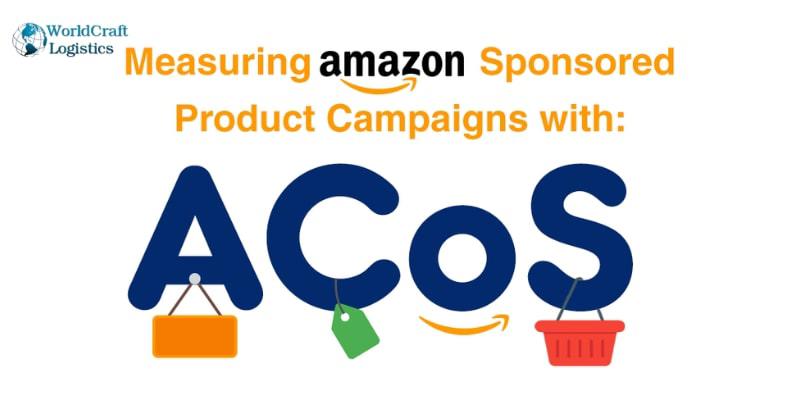
For instance, your ACoS will be (10/40)*100, or 25%, if you spend $10 on advertising and receive $40 in attributed sales.
ACoS = (Total Ad Spend/Total Ad Sales)x100
Ad impressions: are the total number of times your PPC advertisement is displayed to customers, whether or not they click on it.
Clicks: The number of times customers have clicked on your advertisement.
CTR (Click-Through Rate): The ratio of clicks to impressions for an advertisement is known as the click-through rate (CTR). An illustration. If 8 buyers click on your advertisement after 200 impressions, your CTR will be (8/200)*100 =4%
CTR = (Total Clicks/Total Impressions)x100
Cost Per Click (CPC): is the sum that vendors pay to Amazon each time a prospective customer clicks on an advertisement. For PPC advertising, the cost might range from $0.05 to $10 per click.
Attributed Sales are the overall sales that your ads produce over the course of a given period of time as a result of ad clicks. The report may not contain the sales data for up to 48 days.
Amazon gives sellers access to a variety of PPC ad kinds with flexible targeting options. We advise you to experiment with all of the ad kinds you have access to when getting started, particularly automatic targeting advertisements and manually targeting Sponsored Products ads. You may better understand what kinds of phrases and search queries you should target on Amazon using these three ad formats.
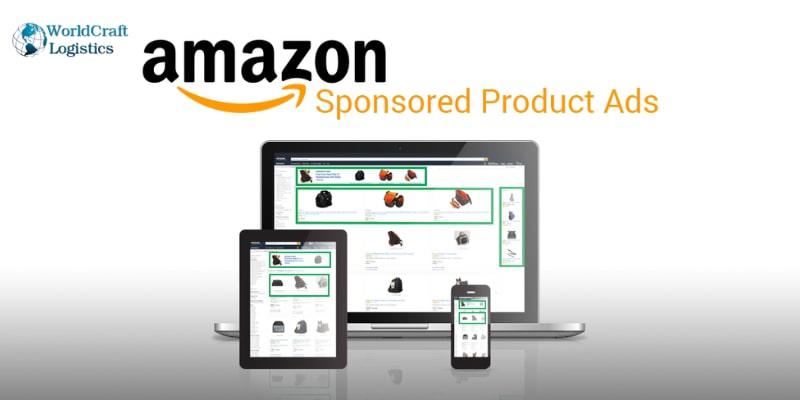
A sort of pay-per-click (PPC) advertising on Amazon is Sponsored Products advertising. They provide you the option to bid for certain keywords to get the most visibility possible in Amazon search results, even on the day your product launches. You pay a tiny price for each click on your advertisement, as the term "PPC" suggests. The prominence of Sponsored Products advertising on the website and their resemblance to organic listing thumbnails make them very alluring. The most popular ad type on Amazon is Sponsored Products since, unlike Sponsored Brands, Sponsored Brands Video, or Sponsored Display advertisements, you do not need to be brand registered to use them. Ads for Sponsored Products are used by 75% of independent merchants.
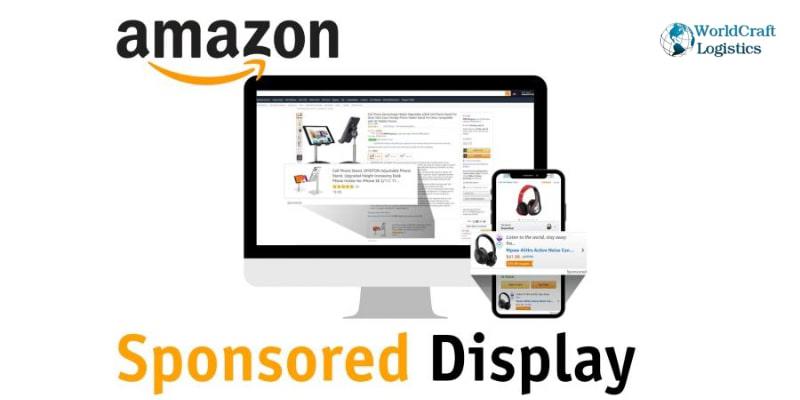
We are all aware of how powerful Sponsored Product ads are for introducing new products; getting your product on the top page of search results can be extremely profitable. Off-Amazon advertising through Sponsored Display, however, is a very different story. The newest Amazon PPC ad format, Sponsored Display, was introduced in 2019 and is currently gaining traction with sellers. Sponsored Display ads are used by 29% of third-party merchants in 2022, and they generate 3% of Amazon's advertising revenue.
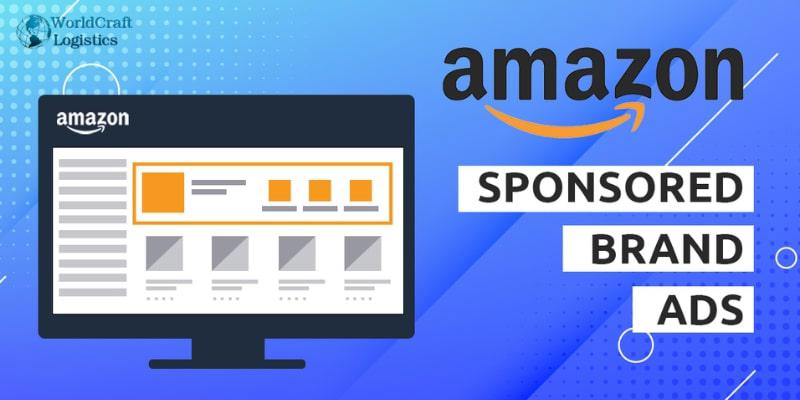
Amazon Sponsored Brands, formerly known as Amazon Headline Search Ads, are banner ads that often appear at the top of Amazon search results and feature your brand's logo, unique tagline, and several products. Amazon introduced a new feature in the beginning of 2020 that enables businesses to produce video ads that would show up in search results. Over time, Sponsored Brands advertisements have gained popularity; presently, 38% of Amazon third-party sellers utilize them, including 66% of those who have reached $1 million in lifetime sales. Just 10% of Amazon's advertising revenue in 2018 came from sponsored brand advertisements. Since then, the amount has doubled.
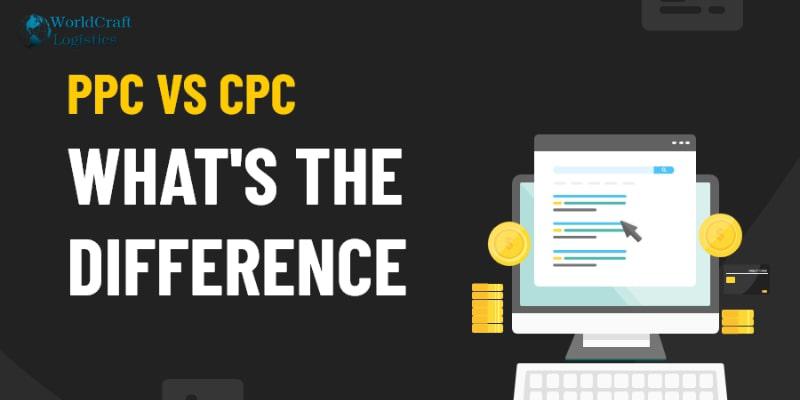
PPC and CPC in Amazon Advertising are not the same thing, even if they are employed in tandem in marketing efforts.
CPC is a financial term used to calculate the total cost of each advertisement click for the campaign, whereas PPC is a paid advertising approach where advertisers pay a particular amount when their ad is clicked on.
Additionally, since your success will be dependent on your ad spending, you must make sure that you are utilizing PPC to develop a valuable asset like an Amazon customer list.
We think we've given you all the background knowledge you need to anser question What is PPC Amazon?, understand Amazon PPC Campaign, the many types of Amazon advertising, and the fundamental procedures involved in setting up a PPC campaign. You are encouraged to carefully study the material before beginning your first PPC campaign with Worldcraft Logistics.
SEO
Digital Marketing/SEO Specialist
Simon Mang is an SEO and Digital Marketing expert at Wordcraft Logistics. With many years of experience in the field of digital marketing, he has shaped and built strategies to effectively promote Wordcraft Logistics' online presence. With a deep understanding of the logistics industry, I have shared more than 500 specialized articles on many different topics.

Amazon Handbook
02/20/2023
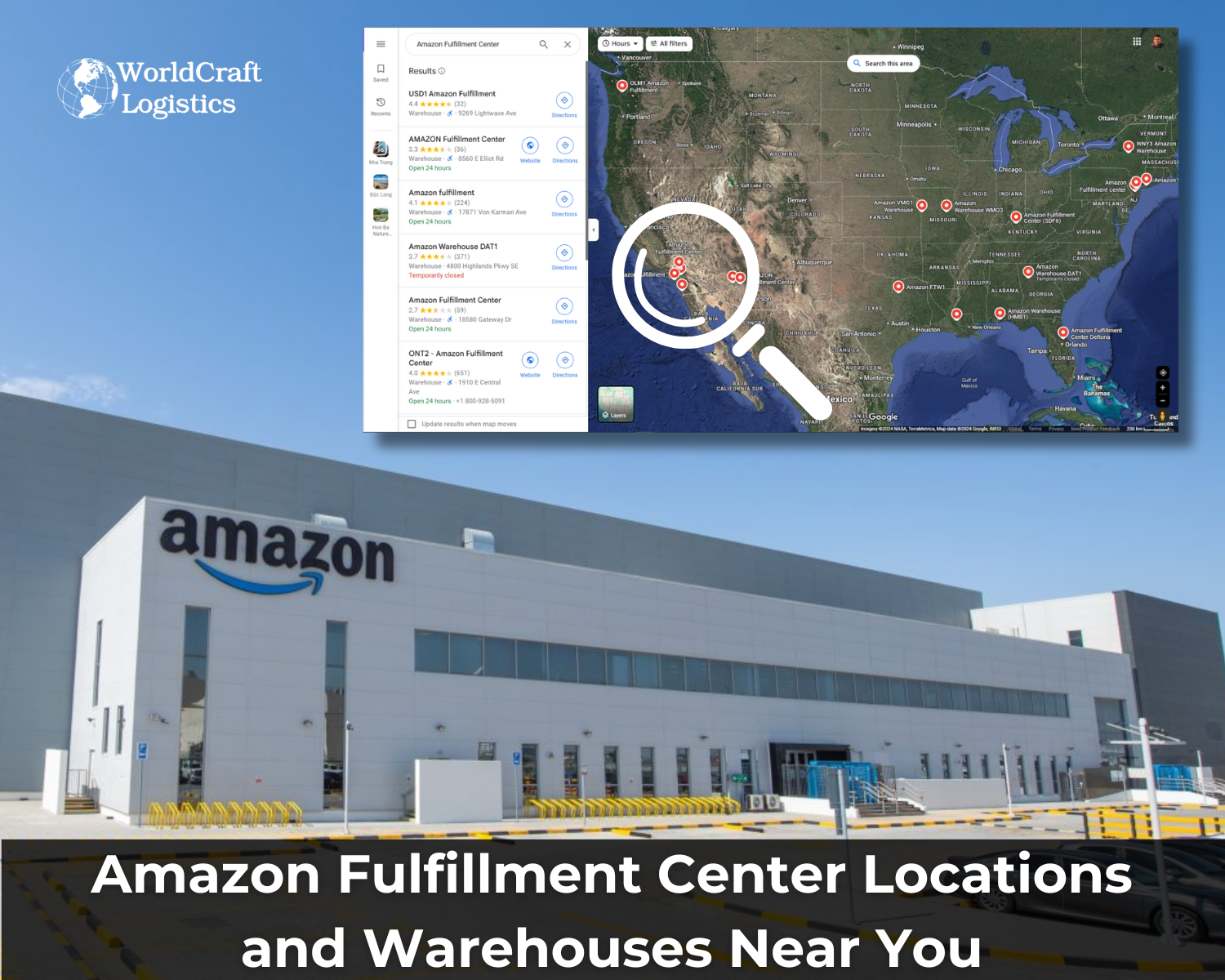
Amazon Handbook
11/10/2024
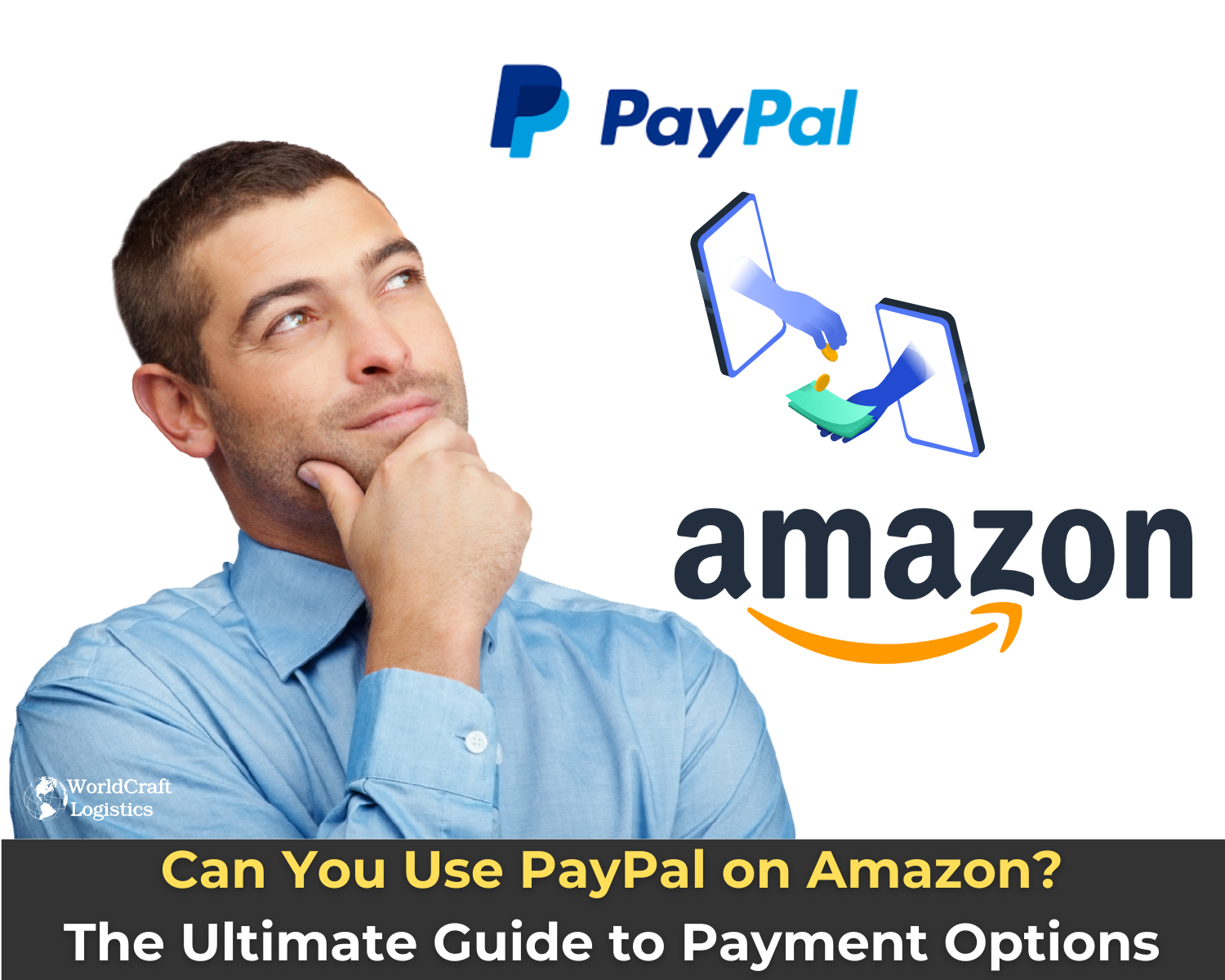
Amazon Handbook
09/15/2024
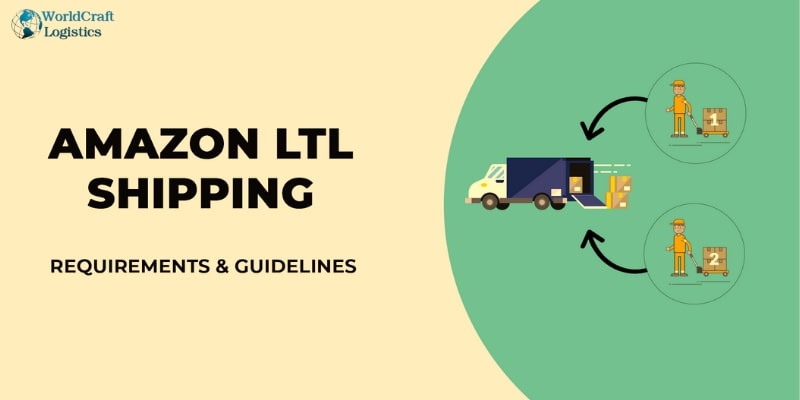
Amazon Handbook
10/15/2023

Amazon Handbook
12/04/2023